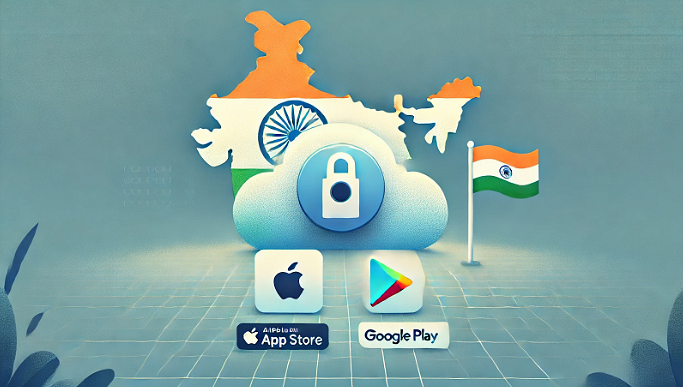Half a Dozen VPNs Pulled From App Stores in India

India’s government, on account of its stringent data regulations, has ordered the removal of more than half a dozen VPN apps from Apple’s App Store and Google Play Store. Cloudflare’s widely used 1.1.1.1 app, along with Hide.me and PrivadoVPN, are among the affected services.
The Indian Ministry of Home Affairs issued the takedown orders, citing violations of Indian law, as confirmed by Google’s disclosure to Lumen (a Harvard University database tracking government takedown requests globally) and a document seen by TechCrunch.
This marks the first major enforcement of India’s 2022 regulatory framework governing VPN services. Under these regulations, VPN providers and cloud service operators are required to store user data, including names, IP addresses, and transaction histories, for a minimum of five years.
The law was introduced by India’s Computer Emergency Response Team (CERT-In) to enhance cybersecurity but has faced strong criticism from privacy advocates and VPN companies. Many leading VPN providers, including ExpressVPN, NordVPN, Surfshark, and Proton VPN, have already pulled their physical servers from India to avoid compliance with these rules. Despite the removal of their infrastructure, they continue to provide virtual servers for Indian users.
Apple, Google, and Cloudflare have yet to comment on the takedown orders. However, hide.me CEO Sebastian Schaub described the move as “highly concerning,” stating that “this sort of censorship should not have a place in a democracy.”
He added that the new law imposes an “impossible burden on VPN providers to operate legally in the country.” VPN services that follow no-log policies cannot comply with the data retention demands without violating their own privacy commitments.
The crackdown in India follows similar actions in countries like Russia and China, where VPN restrictions have been used to control internet access. In 2024 alone, around 60 VPN apps were removed from the Russian Apple App Store.
In related news, India’s broader regulatory environment has been under scrutiny following the introduction of the Telecommunications (Telecom Cyber Security) Rules, 2024. These new rules grant the government extensive power to collect and share telecom metadata, raising additional privacy concerns among experts.
Despite the removals, many VPN providers are still accessible through direct download links on their official websites. However, as the government continues to further enforce its cybersecurity regulations, the future of VPN accessibility in India remains uncertain.



Please, comment on how to improve this article. Your feedback matters!